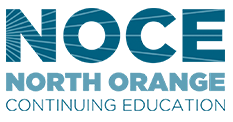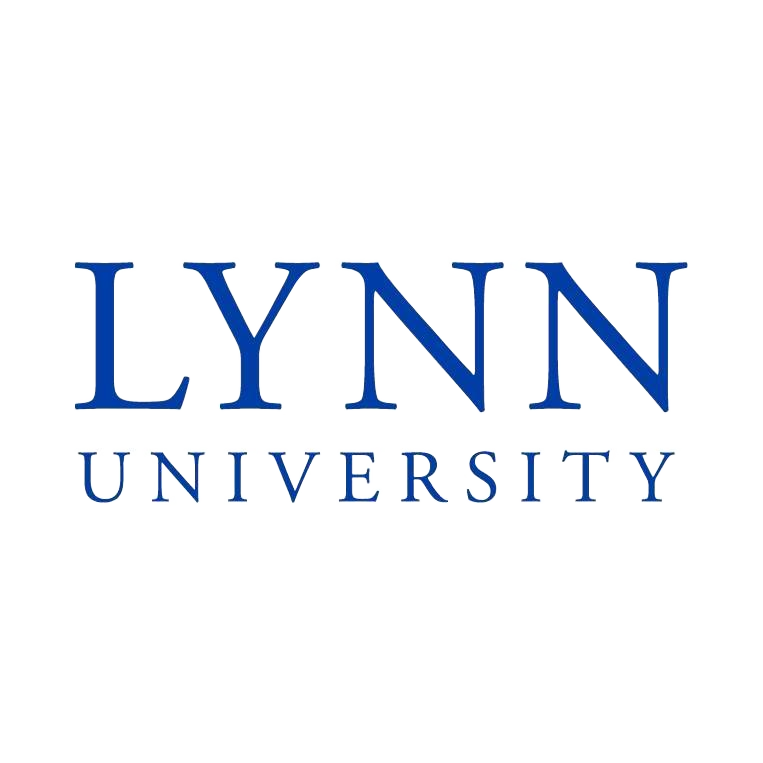
Financial aid (may be available)

Financial aid (may be available)

Financial aid (may be available)

Financial aid (may be available)

Financial aid (may be available)

Financial aid (may be available)

Financial aid (may be available)

Financial aid (may be available)

Financial aid (may be available)

Financial aid (may be available)

Financial aid (may be available)

Financial aid (may be available)
“Love the layout of the website and the information is so clear and answers a lot of my questions!”
Kaitlyn B
Jacksonville, FL

Financial aid (may be available)

Financial aid (may be available)

Financial aid (may be available)

Financial aid (may be available)

Financial aid (may be available)

Financial aid (may be available)

Financial aid (may be available)

Financial aid (may be available)

No cost info

Financial aid (may be available)

Financial aid (may be available)

Financial aid (may be available)

No cost info

Financial aid (may be available)
No cost info
No cost info

Financial aid (may be available)
Are you interested in working with young children and making a positive impact on their lives? If so, a career in Early Childhood Education may be the perfect fit for you! Early Childhood Education involves teaching and caring for children from birth to around age eight. It is a rewarding career path that allows you to play a crucial role in a child's development and education. If you are located in Charlotte and looking for Early Childhood Education classes, you're in luck! There are several options available to you in the area.

Early Childhood Education is a field dedicated to the development and education of young children. It focuses on providing a nurturing and stimulating environment for children to learn and grow. Early Childhood Education programs typically cover a range of subjects, including child development, curriculum planning, classroom management, and assessment techniques.
To work in the field of Early Childhood Education, you will typically need to complete a training program or obtain a degree in the field. The specific requirements can vary depending on the position and the state you are in. In general, the following training options are available:
Certificate Programs: Certificate programs in Early Childhood Education can typically be completed in a shorter period of time compared to degree programs. These programs provide a focused curriculum that prepares students for entry-level positions in the field.
Associate's Degree: An Associate's degree in Early Childhood Education is a two-year program that provides a more comprehensive education in the field. This degree can qualify you for a wider range of job opportunities and may also be a stepping stone to further education.
Bachelor's Degree: A Bachelor's degree in Early Childhood Education is a four-year program that offers a more in-depth study of the field. This degree can open up more advanced career opportunities, such as teaching in elementary schools or becoming an administrator.
When searching for Early Childhood Education classes in Charlotte, it's important to consider the following factors:
Accreditation: Make sure the program you choose is accredited by a recognized accrediting body. This ensures that the program meets certain quality standards and that your education will be recognized by employers.
Curriculum: Look for a program that offers a comprehensive curriculum that covers all the essential topics in Early Childhood Education. This should include courses in child development, curriculum planning, classroom management, and assessment techniques.
Hands-on Experience: Practical experience is crucial in Early Childhood Education. Look for programs that offer opportunities for hands-on learning, such as internships or practicum experiences in real early childhood education settings.
Faculty: The qualifications and experience of the faculty can greatly impact the quality of your education. Look for programs that have experienced faculty members who have a background in Early Childhood Education.
Flexibility: Consider your own schedule and availability when choosing a class. Look for programs that offer flexible scheduling options, such as evening or weekend classes, to accommodate your needs.
Early Childhood Education classes typically involve a combination of classroom lectures, hands-on activities, and practical experiences in real early childhood education settings. Here's what you can expect from the day-to-day class:
Classroom Lectures: You will attend lectures where you will learn about the theoretical aspects of Early Childhood Education. This will include topics such as child development, curriculum planning, and classroom management.
Hands-on Activities: You will participate in hands-on activities that allow you to apply what you have learned in the classroom. This may include creating lesson plans, designing learning environments, and implementing teaching strategies.
Practical Experiences: Many Early Childhood Education programs require students to complete practical experiences in real early childhood education settings. This provides you with the opportunity to work directly with children and apply your knowledge in a real-world setting.
Group Work: You may also engage in group work with your classmates, which allows you to collaborate and learn from each other's experiences and perspectives.
After completing your Early Childhood Education program, you may choose to pursue certification to further enhance your credentials and job prospects. The certification process can vary depending on the state and the specific requirements. In general, the process may include the following steps:
Application: You will need to submit an application to the appropriate certification board or agency. This typically includes providing proof of your education and completing any required forms.
Exams: You may be required to pass one or more exams to demonstrate your knowledge and competency in Early Childhood Education. These exams may cover topics such as child development, curriculum planning, and assessment techniques.
Experience: Some certification programs may require you to have a certain amount of experience working in the field before you can become certified. This can be obtained through internships, practicum experiences, or employment in early childhood education settings.
Continued Education: To maintain your certification, you may need to participate in ongoing professional development activities and complete continuing education courses.
Once you have completed your Early Childhood Education program and obtained any necessary certifications, you will be ready to start your career in the field. Here are some tips for finding a job in Early Childhood Education:
Networking: Reach out to your classmates, instructors, and professionals in the field to let them know you are looking for a job. They may be able to provide leads or recommend you for positions.
Job Boards: Utilize online job boards and websites that specialize in education and childcare to search for job openings in your area.
Professional Organizations: Join professional organizations related to Early Childhood Education, such as the National Association for the Education of Young Children (NAEYC). These organizations often have job boards and networking opportunities.
Childcare Centers and Schools: Contact local childcare centers, preschools, and elementary schools to inquire about job openings. Many of these positions may not be advertised publicly, so it's important to reach out directly.
Once you have established a career in Early Childhood Education, there may be opportunities for further education and specialization. Some options to consider include:
Master's Degree: A Master's degree in Early Childhood Education can open up advanced career opportunities, such as becoming an education consultant or a researcher in the field.
Specializations: You may choose to specialize in a specific area of Early Childhood Education, such as special education, infant/toddler education, or bilingual education. This can allow you to focus on a particular age group or population.
Continued Professional Development: Participating in ongoing professional development activities, such as workshops and conferences, can help you stay up-to-date with the latest research and best practices in the field.
Early Childhood Education is a fulfilling and important career path that allows you to make a positive impact on young children's lives. If you are located in Charlotte, there are several options available to you for Early Childhood Education classes. Whether you choose a certificate program, an associate's degree, or a bachelor's degree, it's important to find a program that meets your needs and provides a comprehensive education in the field. Don't forget to check out Dreambound, the largest platform for students to find vocational training programs, including Early Childhood Education. Dreambound's mission is to provide all the information students need to find the perfect class. So start your journey in Early Childhood Education today and make a difference in the lives of young children!
Navigate the certification journey in this field with Dreambound's detailed guides, each crafted for various cities. For a deeper understanding of the process in other states, our additional guides may be able to help.
Exploring a variety of professional opportunities? Dreambound has many extensive guides to help you make informed decisions. Check out these guides:
Dreambound's platform allows prospective students to find the right educational program for them through searching, filtering, and connecting with our extensive selection of career & technical education partners.
Dreambound has over 70 programs across healthcare, technology, business, and industrial trades. This includes programs such as Medical Billing, Cybersecurity, and welding.
Some of our schools offer financial aid for those who qualify. Many others offer payment plans, where you can pay the cost of class over time.
Yes, Dreambound offers many online programs. On Dreambound's search, you can filter by online, in-person, and hybrid (part online, part in-person).
Dreambound is completely free for you to use! We are supported by schools and organizations who pay to advertise on our website, so we can offer all of our career resources for free.